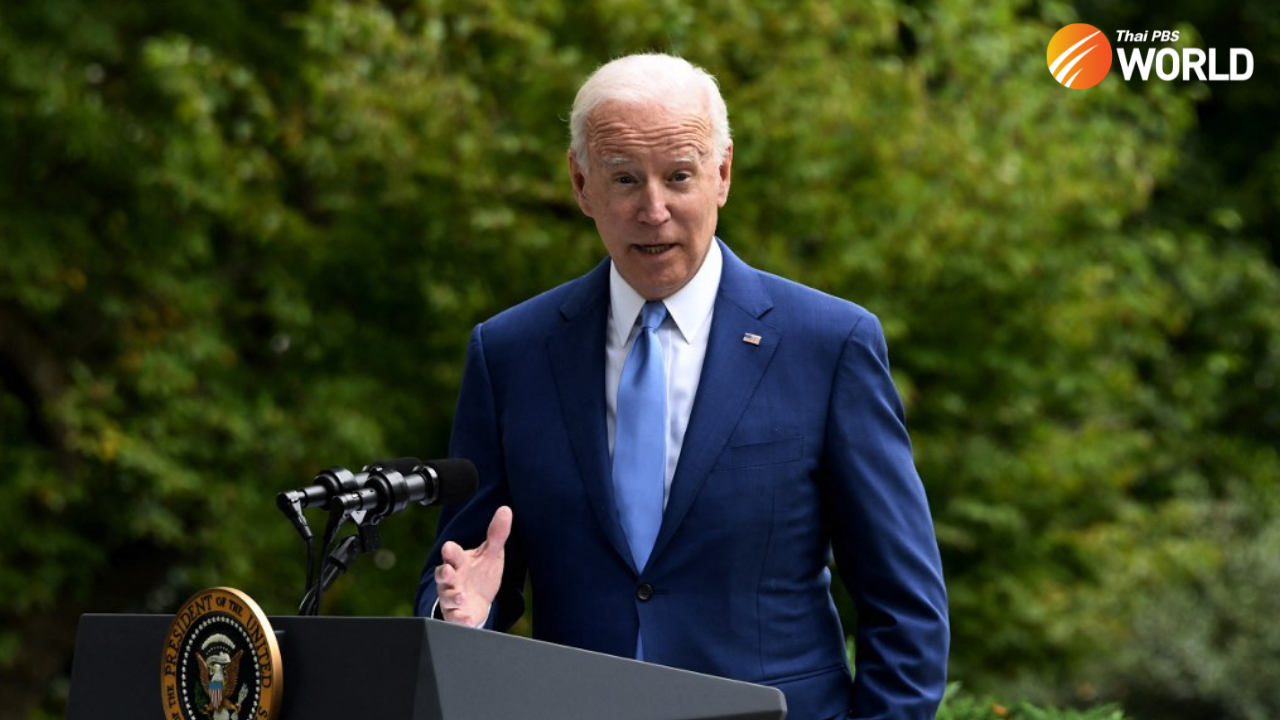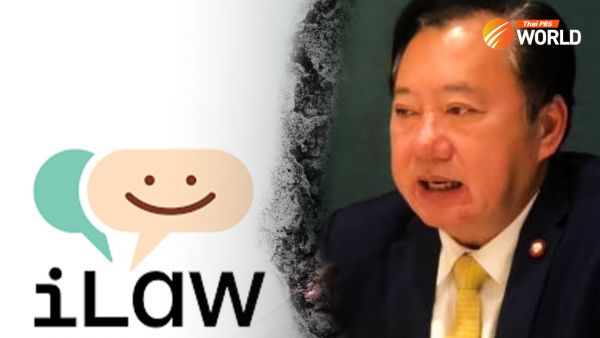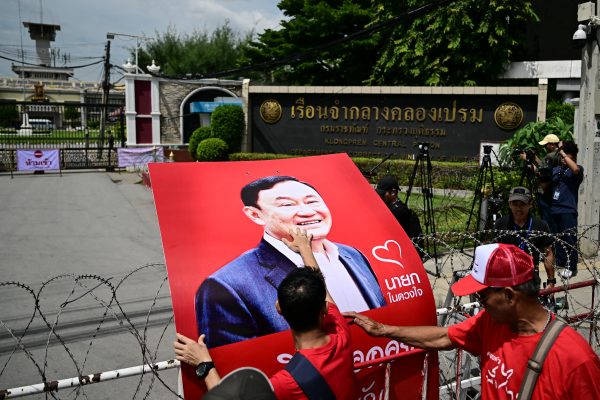Op-Ed: A US-China war is avoidable

US President Joe Biden has already reduced the possibility of waging war against China, by recognizing the “One-China” policy. Last week, Biden spoke to Chinese President Xi Jinping about Taiwan and they agreed to abide by the Taiwan agreement. Obviously, the president was referring to Washington’s long-standing recognition of Beijing, rather than Taipei.
A few days later, his chief security adviser, Jack Sullivan, said that US-China ties must be managed. “My basic bottom line on this is that intense competition requires intense diplomacy. So we need more of this, not less of this,” Sullivan stressed.
With these two top US leaders on the same page, the world will definitely avoid the risk of a nuclear confrontation between the two superpowers. Unfortunately, it has taken Biden at least eight months to announce that Washington still adheres to the policy that recognizes the government in Beijing. He should have done that earlier to avoid unnecessary tension, but he chose not to, mainly due to domestic diversions.
So far, Biden’s presidency has been plagued with internal challenges, emanating both from within his own party and the remnants of the Trump administration, not mention serious COVID-19 related challenges. Apparently, he does not want to be perceived by the American public as a weak leader when dealing with China.
As one of the most experienced foreign-policy lawmakers in his country, Biden should have exhibited much-needed diplomatic finesse in engaging major powers, especially China. At this critical moment, one can conclude he has successfully done everything to raise the bar in the US-China relationship, earning him additional support from allies and friends. Unlike Biden, Trump did everything by himself, relying on just a handful of advisors.
China’s Xi vows ‘reunification’ with Taiwan, but holds off threatening force
BEIJING, Oct 9 (Reuters) – Chinese President Xi Jinping vowed on Saturday to realise peaceful “reunification” with Taiwan, though did not directly mention the use of force after a week of tensions with the Chinese-claimed island that sparked international concern.
More than any other Taiwanese leader, President Tsai Ying Wen has been extraordinarily assertive in confronting China, which has drawn ire from across the Taiwan Strait. Beijing has responded forcefully. According to Taiwan, 148 Chinese aircraft entered the island’s air defense zones in the past week. Washington has also condemned the provocative activities near Taiwan.
By all accounts, the talk of a possible US-China war over Taiwan has, so far, been overblown. China’s taking of Taiwan by force would be an extreme act of self-destruction. It would hurt China more than anything else. All the progress and development under the Communist Party of China would be wiped out in no time.
At this juncture, the best way to reduce tension is to stop the intercontinental mudslinging between the US and China, as well as the cross-strait denigration by both China and Taiwan. Such comments and allegations are not useful to build an atmosphere which is conducive to peace-building in the Taiwan Strait. Obviously, if Washington is softening its rhetoric against China at the moment, it will help ease tensions and resonate well on the other side of the world.
It is vital for Biden to stick to the One-China policy, otherwise there could be further repercussions, beyond their bilateral ties. Everybody knows that China considers Taiwan to be part of its territory, while Taiwan does not perceive it that way. Beijing has also said that using force remains an option. In response, Taiwan has reiterated that it will defend its democracy and freedoms.
As of June, more than 711,000 guest workers from Southeast Asia were employed on the island, especially along its more developed eastern coast. If a war breaks out, thousands of people from the region could become collateral damage. That helps explain why the strained US-China relations and cross-strait tension have often caused great concern within ASEAN, especially in the Philippines, Indonesia and Vietnam, as their workers are in the majority.
Bilaterally, the US and China still need more time, as well as the intellect, to consider and work out how they can co-exist and co-engage for their mutual benefit as well as for that of the world. There is no need for an incumbent power to feel insecure, wanting to destroy a rising power. We are living in more interconnected world. After all, these days, eating a hamburger with a cup of Jasmine tea is a wholesome meal. There is no need to quarrel or go to war.
by Kavi Chongkittavorn






